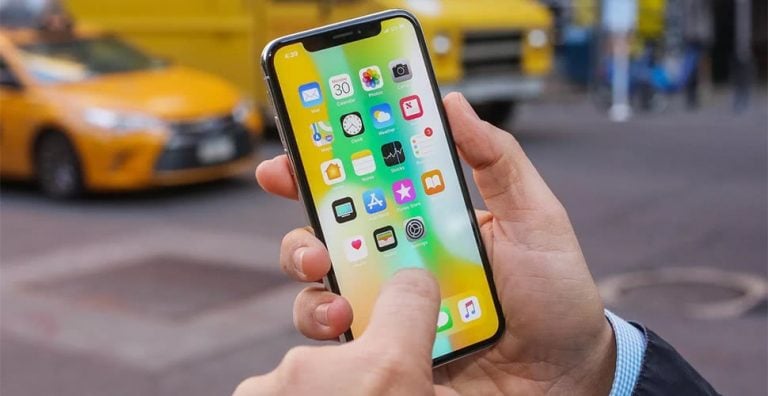When Apple announced the iPhone X in 2017, tech heads were stoked to see the new features that it contained, including the controversial biometric authentication technology better known as Face ID. However, just eight months after the technology was launched, Apple has now confirmed that Face ID has a rather serious problem.
Ever since it was launched, Face ID was fraught with problems, with some users complaining that the technology was racist, and that it couldn’t tell Chinese users apart. While twins and other similar-looking relatives have also expressed concerns, others had criticised Face ID by asking whether or not it’s actually as secure as it says it is.
However, as the New York Post writes, Apple has now become aware of a rather odd problem that the technology faces, and is taking steps to fix it. While many would have noted how software updates occasionally render some features useless, it appears that this time around, it’s a hardware issue that is causing the issue.
See, for Face ID to work, it needs to rely on the device’s TrueDepth camera, which uses a mixture of infrared, proximity, and light sensors to basically read your face. Ever see that grid on your face when you use a Snapchat filter? That’s the TrueDepth camera at work. But like many pieces of hardware these days, if one aspect fails, it throws everything else off kilter.
As the Mac Rumours forum has discovered, Apple have released an internal document to its Apple Stores and Authorized Service Providers as to how the issue should be approached.
“In order to provide the best customer experience, if a customer reports that their iPhone X is having Face ID issues, you may be able to resolve the issue with a rear camera repair,” the memo reads. “Run AST 2 on the customer’s device to check the camera. If the diagnostics find issue with the camera, perform the repair to see if the issue is resolved. If the issue is not resolved, perform a whole unit replacement instead of a same-unit display repair.”
Basically, what it says is that if running diagnostics doesn’t fix the issue, then the rear camera is the issue, and the entire device needs to be repaired. Considering the rear camera doesn’t come into play with the whole Face ID process, it appears that this is one problem that is giving Apple a lot of grief.
Love Music?
Get your daily dose of metal, rock, indie, pop, and everything else in between.
While Apple haven’t confirmed or spoken about this issue publicly, if you find yourself having some Face ID issues on your device, it doesn’t seem like something a five-minute Google will fix, and you might need to make a beeline to your nearest Apple Store.


































